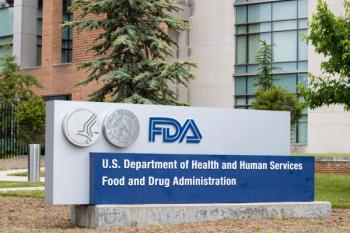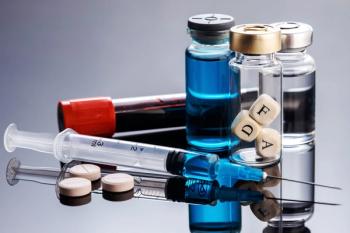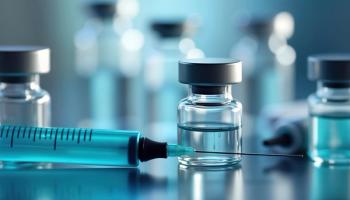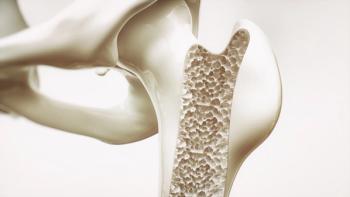
Biosimilars Fan Club Includes Free-Market Conservatives
Pacific Research Institute’s Winegarden Sees Dose of Competition as Way to Lower OOP Costs
Biosimilars are supposed to create competition on price, and that holds some appeal for conservative thinkers who favor free-market economics.
“Expanding the use of biosimilars to treat serious illnesses like cancer or autoimmune diseases could reduce a patient's out-of-pocket costs by 17%,” notes
In the biologic drug classes in the U.S. and European where biosimilars offer some competition, biosimilar prices are between 20% and 40% lower compared to the prices that existed prior to the introduction of competition,” Winegarden says. “Since biologic medicines are some of the most expensive drugs that are driving the affordability problem in the U.S., biosimilar competition can meaningfully reduce these cost pressures and improve overall affordability.”
The total cost savings will depend, of course, on biosimilars share of market. According to Winegarden’s calculations, based on Medicare’s latest average sales price data and total volumes, the Medicare savings from biosimilars could be between $6.2 billion and $10.5 billion if their share of the prescriptions were between 25% percent and 75%.
“These savings are compared relative to an ‘originator biologics only’ baseline and uses the prices prior to the introduction of biosimilars to compute the savings to capture the competitive effects on the originator’s pricing,” Winegarden says. “The introduction of competition encourages the originator manufacturers to lower their prices.” Winegarden’s calculations are just for the nine drug classes where biosimilars have been approved already. Greater savings can be had if biosimilars reach a higher share and biosimilars are introduced in more drug classes.”
To ensure an adequate pipeline of biosimilars, the current biosimilars need to gain a significant market share. But unlike generic copies ofbrand-name small-molecule drugs, biosimilars of brand-name biologics are still expensive to produce. “Manufacturers will be unable-unwilling to invest the necessary resources into developing more biosimilars if they will lose money doing so,” Winegarden says.
“Fixing the disincentives to demonstrate that biosimilars are viable is the most important change that will help ensure biosimilar research and development will continue.”
The key to that, he notes, are education and the removal of the disincentives for use/create positive incentives to prescribe biosimilars. The education component needs to be driven by the medical evidence that shows that biosimilars have the same clinical impacts as the originator products.
“In terms of creating positive incentives, it is essential to ensure that providers, patients, and insurers all benefit from the savings potential,” Winegarden says. “Too often, formularies list the more expensive originator biologic drug as the preferred drug, meaning patients must first fail on the more expensive originator biologic before they can be prescribed the lower cost biosimilar. This biases the system away from lower-cost drugs, which is clearly an adverse incentive to use biosimilars.”
Therefore, creating a separate formulary tier for lower-cost biosimilars that has lower copays and coinsurance rates can eliminate this and help patients benefit.
“Providers can often face disincentives to use biosimilars due to the current buy-and-bill payment model that typically reimburses providers as a percentage of the drugs costs,” Winegarden says. “This means that providers can lose money by prescribing lower-cost medicines—a disincentive that should be removed.”
An efficient drug market has to simultaneously incentivize innovation and affordability. This balance can be difficult, but the branded medicine-generic medicine balance enabled by the Hatch-Waxman Act shows, in Winegarden’s opinion, that the combination of a set period of exclusivity to reward innovation followed by an open and competitive market is achieveable.
“Biosimilars represent the opportunity to repeat this process in the biologics market, and the evidence from the EU, as well as some of the signs here in the U.S., demonstrate that this will work,” Winegarden says. “Removing the disincentives discouraging the development of a healthy biosimilars market is essential for making this happen.”
Newsletter
Get the latest industry news, event updates, and more from Managed healthcare Executive.























